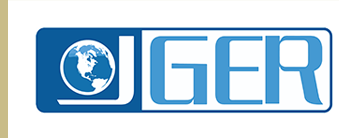Abstract
This comparative study explored self-efficacy and ability for scientifically-based literacy instruction between a traditional and residency model of teacher preparation. Pre-/post-survey data was collected using the Teachers’ Sense of Efficacy for Literacy Scale. Mentor teachers completed a modified version of the survey on candidates’ abilities. Data were analyzed using paired sample t-tests, independent sample t-tests, and a trend analysis. Results revealed that candidates in the Residency Model held higher levels of self-efficacy for literacy instruction than in the Traditional Model. Mentor teachers rated candidates in the Residency Model as more able to teach literacy than those in the Traditional Model. There was alignment amongst the mentor rating and the resident perception of ability. In the Traditional Model, the mentor and student teacher were not as aligned in their perspectives of student teacher ability to teach literacy. Teacher preparation programs should consider the potential of teacher Residency Models to prepare pre-service teachers for the use of the Science of Reading for teaching literacy.
Keywords
teacher residency, student teaching, Science of Reading, literacy, self-efficacy, mentoring
ORCID Identifiers
Doreen L. Mazzye: https://orcid.org/0000-0002-6070-7791
Michelle A. Duffy: https://orcid.org/0000-0002-2074-749X
Richard L. Lamb: https://orcid.org/0000-0002-5730-9055
DOI
10.5038/2577-509X.7.2.1230
Recommended Citation
Mazzye, D. L., Duffy, M. A., & Lamb, R. L. (2023). Teacher candidate self-efficacy and ability to teach literacy: A comparison of residency and traditional teacher preparation models. Journal of Global Education and Research, 7(2), 146-165. https://www.doi.org/10.5038/2577-509X.7.2.1230
Creative Commons License

This work is licensed under a Creative Commons Attribution-Noncommercial 4.0 License
Included in
Curriculum and Instruction Commons, Higher Education and Teaching Commons, Language and Literacy Education Commons, Scholarship of Teaching and Learning Commons


